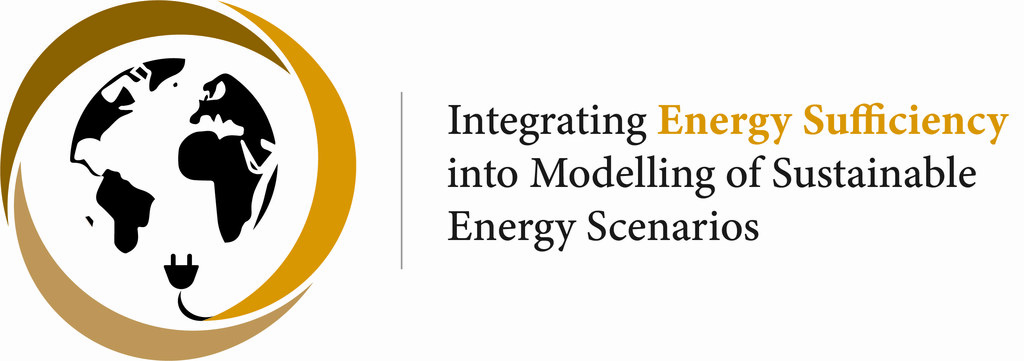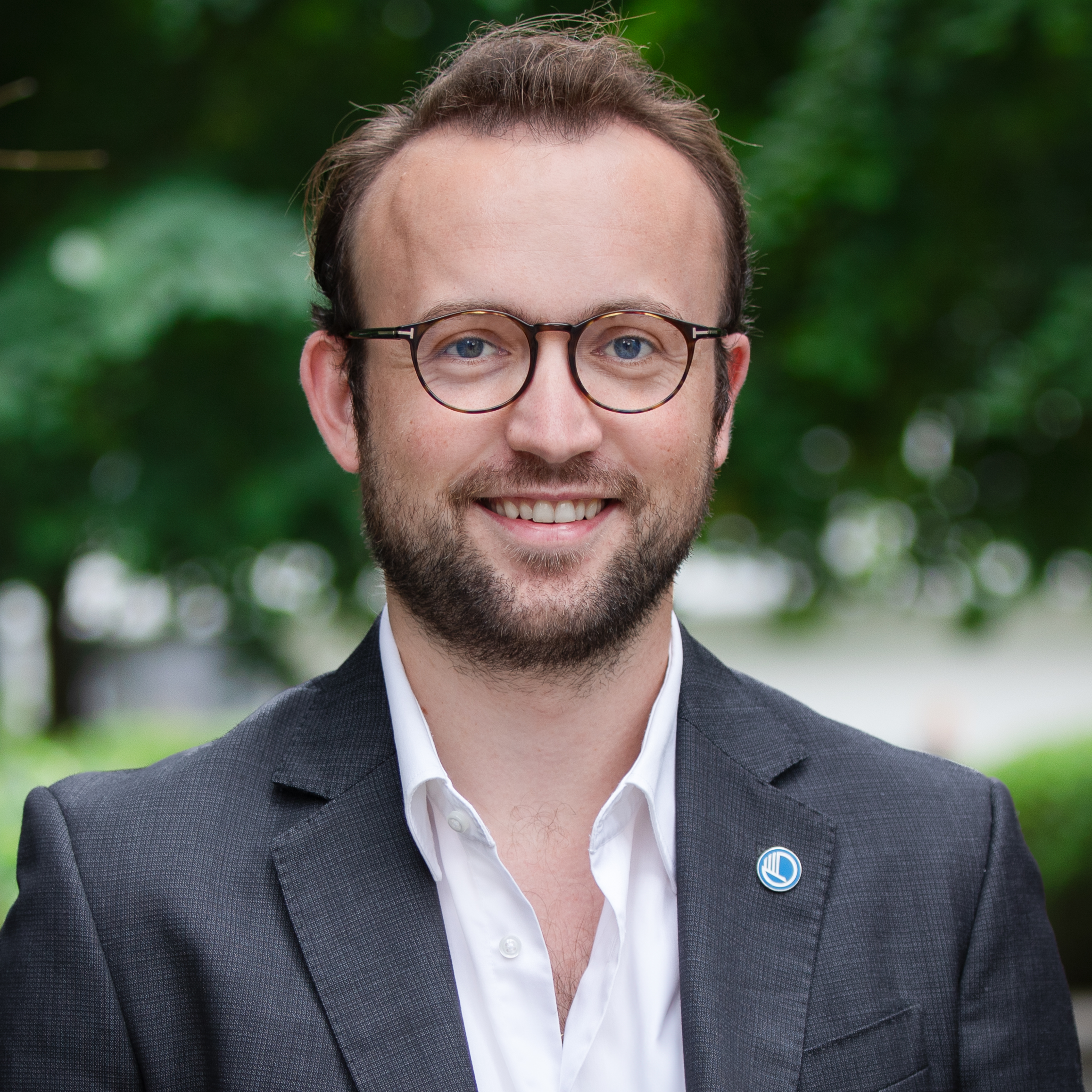
About IntSuf
In order to ensure adequate action in relation to the objectives in the Paris Agreement, the Nordic and Baltic countries have to define clear 2050 decarbonisation and energy transition strategies…

In order to ensure adequate action in relation to the objectives in the Paris Agreement, the Nordic and Baltic countries have to define clear 2050 decarbonisation and energy transition strategies. Sustainable energy scenarios often built upon a supply-side with increasing amounts of renewable energy, and a demand-side building upon increasing efficiency in cars, buildings etc. However, the demand side is often developed through technical analyses of energy efficiency and not on analyses of the dynamics of social needs and the potentials and limitations to reduce or change the drivers of energy demand such as mobility demand, the demand for housing space, etc.
The project objectives are:
- Integrate sufficiency aspects into energy modelling tools that have been applied for development of sustainable energy scenarios
- Develop modified Danish, Latvian and Lithuanian national sustainable energy scenarios, which build upon the combination of sufficiency, efficiency and renewable energy
- Create policy dialogue among public and private actors in the Nordic and Baltic countries about energy scenarios that include demand changes from a sufficiency perspective and discuss the feasibility of these scenarios and the possibilities and limitations for socio-economic and regulatory changes to move towards these scenarios
- Disseminate the methodology for integration of sufficiency into energy modelling tools and scenarios and the experiences with developing and applying to Nordic and Baltic stakeholders and to scientific journals
The primary cases in the project are Denmark, Latvia and Lithuania. For these countries the entire energy system (all industrial sectors) will be analysed. With respect to the GHG emissions, the scope of the project is to cover so-called Scope 1 (direct GHG emissions) and Scope 2 (indirect GHG emissions from heat and power) emissions. Scope 3 or embedded emissions will not be included in the modelling. For the final project workshop, an energy-NGO representative and an energy modeller from a university or a research institute will be invited from Estonia, Finland, Iceland, Norway and Sweden in order to develop sufficiency energy modelling competence in other Nordic and Baltic countries

